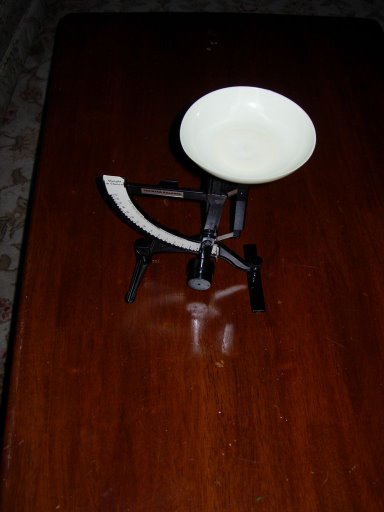I started getting into home brewing with a friend of mine who has been brewing kits and some extracts for a year or so now and I've got a few extracts under my belt now. I've been reading many websites, books and any other sources of material I come across. Being that I work as an engineer I get pretty anal retentive about measurements as I design load cells and pressure transducers for a living typically with accuracy better then 0.02%
So I built to scales from some parts that didn't meet some customers full specs. I built one to weight grains and malt exctracts calibrated in pounds with an accuracy of 0.5% , so if I weight out 6lbs of extract the worst I could be off is +/- 0.03 lbs. I also made a scale that is calibrated in ounces to measure hops which is an accuracy of 0.1% so if I need 2oz of hops the worst I could be off is +/- 0.002 ounces.
Am I being to anal with my measurements? or is it a good habit to get into? Thoughts and opinions please
So I built to scales from some parts that didn't meet some customers full specs. I built one to weight grains and malt exctracts calibrated in pounds with an accuracy of 0.5% , so if I weight out 6lbs of extract the worst I could be off is +/- 0.03 lbs. I also made a scale that is calibrated in ounces to measure hops which is an accuracy of 0.1% so if I need 2oz of hops the worst I could be off is +/- 0.002 ounces.
Am I being to anal with my measurements? or is it a good habit to get into? Thoughts and opinions please




